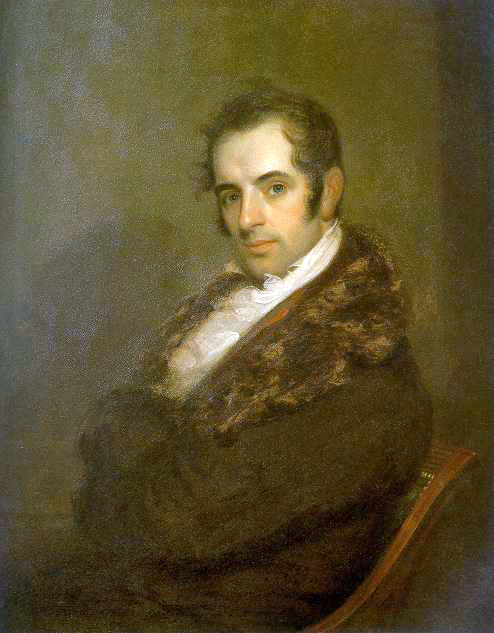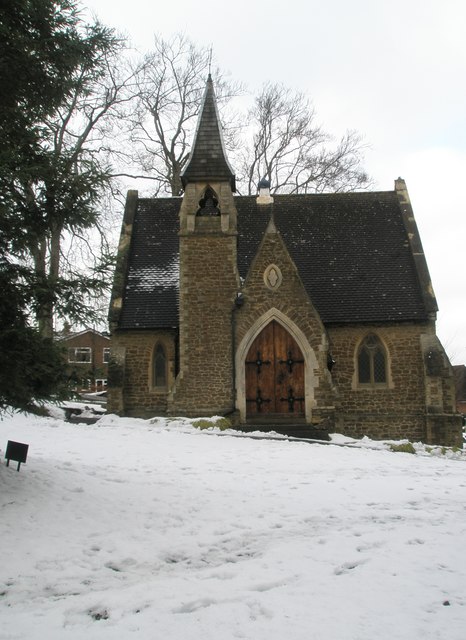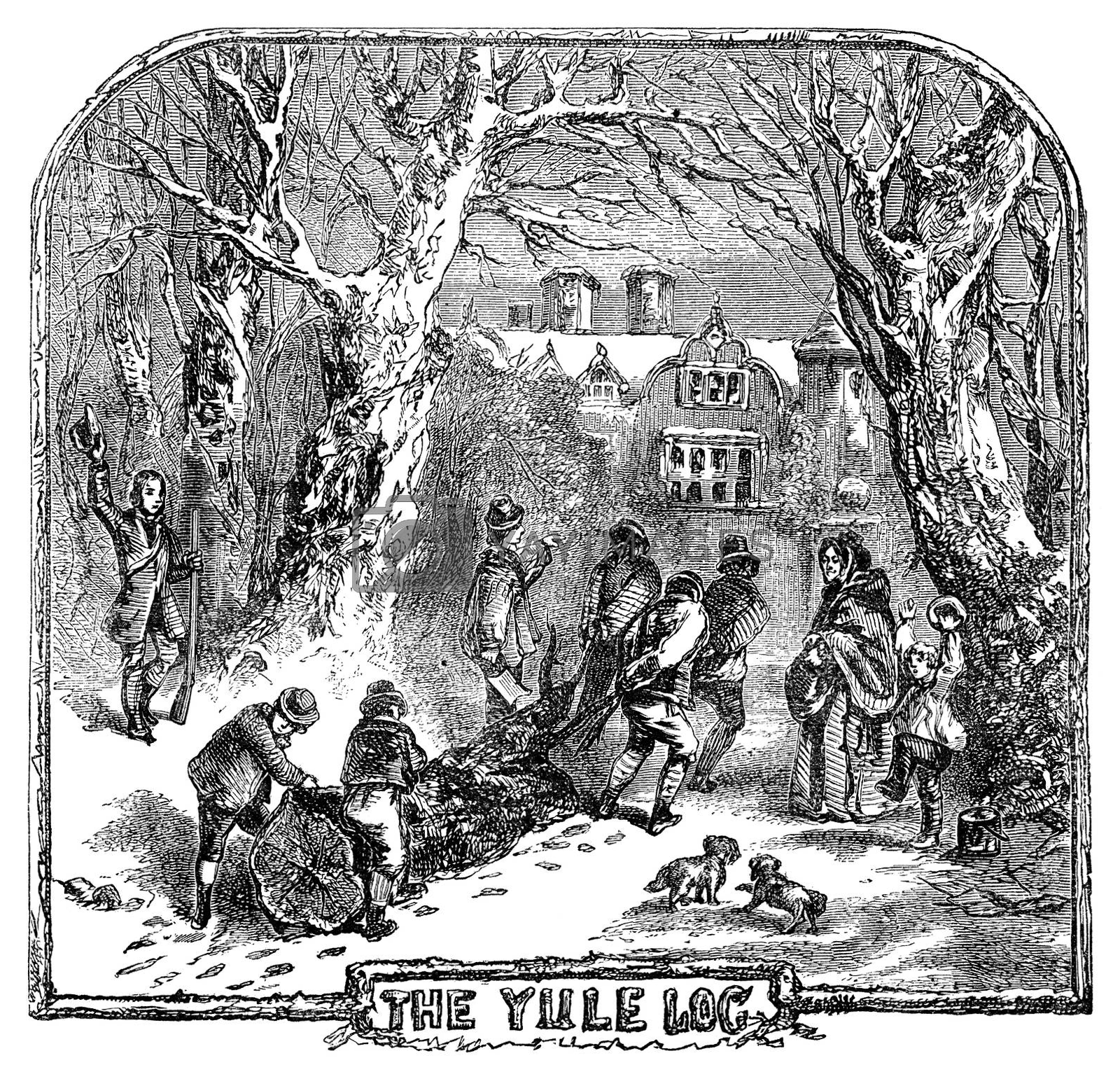 To kick off our second year of celebrating Inspirational Regency fiction, we are presenting the serial story, A Suitable Match. At the end of the month we’ll be giving away a fabulous prize package filled with items tied to the story. For a chance to win, find the item mentioned in this section and leave a note in the comments. Details and a list of prizes can be found here.
To kick off our second year of celebrating Inspirational Regency fiction, we are presenting the serial story, A Suitable Match. At the end of the month we’ll be giving away a fabulous prize package filled with items tied to the story. For a chance to win, find the item mentioned in this section and leave a note in the comments. Details and a list of prizes can be found here.
Missed an earlier section? Read it here: 1 2 3 4 5 6
On the road somewhere between Somerset and London
April 1818
“No. Yes. I mean . . .I . . .” She clamped her lips together before they could get her into anymore trouble. But the silence filling the space between them didn’t stop her heart’s rhythm from rivaling the quick clomp of the horses’ hooves against the road.
Of course she wasn’t reapplying for the position as his wife. That would be ludicrous.
Insane.
Absurd.
Chard stared at her from where he sat across the carriage, those somber gray eyes waiting patiently for an answer.
“I’m sorry. I was only trying to protect you. I didn’t mean to hurt you when I left.”
“Not mean to hurt me?” he thundered, his eyes turning from patient to murderous faster than she could blink. “You left in the dead of night, and gave me naught more than a note. What was I supposed to do? Whistle as I headed to the vicar’s to tell him the wedding had been cried off? Shrug and say, ‘No bother, I shall simply find another wife at the musicale tonight?’”
Her hands fisted on the edge of the seat. “My father had lost his fortune, and you needed money.’Twas why we were betrothed in the first place.”
“Money.” The word, drenched with bitterness, shot from his mouth. “If you think money my only motive for marrying you, then perhaps it was best you left as you did.”
Cressida swallowed and glanced at her maid. Knighting’s face had grown paler with every mile they travelled. Then she looked out past the road and into the green fields and leafy woods, idyllic as a painting. Finding a husband wasn’t supposed to be so difficult. She’d intended to swoop into London, attend a handful of balls, and make her choice. Or rather, let the man think he was making the choice. Then they would marry and move to Bath, occupy separate wings of the house and be apart more than they were together. That’s how these types of marriages were supposed to work.
But now she sat across from the man she’d once loved, the space around her shrinking with each second she was near him. “You were supposed to marry me for money. Money for you and a title for me. Love should not have been a factor. Just convenience.”
“A convenience.” The muscles in his jaw worked back and forth. “Was that all I was to you?”
Her throat was suddenly too thick to speak, not that she knew how to answer him. She could tell the truth, that she’d once loved him, that it had broken her heart to leave. That she’d had to leave so as not to bind him to her once she’d lost her money. But they were three years removed from those days. He should have married someone else the next day, the next week, the next month, the next year.
She’d told herself she didn’t care when or whom he married.
But he hadn’t married at all, and now she was confined to the same conveyance as he, frustration radiating from his taut body and his gray eyes churning as he awaited her answer.
Perchance she should lie to him. It would be the easiest path, and he’d leave her alone if she told him she’d never loved him.
But then she’d break his heart yet again.
“No.” She whispered into the tense air between them. “You were more than a convenience. I had feelings for you. I loved you.”
“Loved.” He annunciated the d at the end of the word. “As in, something that happened once. Something that’s over and done. You no longer love me.”
She shifted uncomfortably in the seat. Did she love him? She didn’t know. Hadn’t let herself consider the possibility. She’d locked that part of her heart away, squirreled those memories into a place so dank and gloomy she’d not visited them in three years. And if she were to go back and open the door to that forgotten part of her life, would she find her feelings unchanged? Did she want to find out? “I don’t know.”
He gave a thud on the top of the chaise, and the conveyance slowed to a stop.
“If you’ll excuse me, I need some air. And it looks as though your maid is in need of a stop as well.” Chard hopped down from the chaise and headed into a quiet patch of woods, no offer to escort her down, no backward glance over his shoulder, just the sharp, jagged movements of an angry man.
And he had every right to be angry
Cressida ushered Knighting from the carriage, and by the time her feet finally touched the road, Twiford and Ross had appeared.
“What is the meaning of this?” Twiford barked. “There’s a coaching inn a quarter hour down the road. Why stop now?”
“Ask your friend.” Cressida jutted her chin toward the brush Chard had trampled as he entered the woods. “Now if you’ll excuse us.”
She helped Knighting into the woods. “Perhaps you’ll feel better after you stretch your legs a bit.”
Or so she hoped, though if her maid’s slow movements and deathly pallor was any indication, nothing but a bed would help her.
Knighting shuffled through the brush beside her. “I’m sorry, Miss Cressida. I’m of no use to you this sick.”
Cressida rubbed her back with soothing, circular motions. “Don’t worry yourself. We’ll reach London tonight and you can get the rest you need. There will be others to attend me.”
Knighting nodded, and the simple movement made her face tint slightly green. “I best return to the carriage. I’m not much for walking at the moment.”
“Let me help you.” Cressida assisted Knighting back, then stood outside the conveyance and tilted her head up, letting the sun touch her skin. Though the air about her was cool, the soft rays felt light, relaxing. She glanced back at the woods, in the direction Chard and the others had headed.
“I don’t like you riding with Chard.”
She whirled around. Evidently Ross hadn’t followed Chard and Twiford into the woods. “Why not?”
“You’ve not a proper chaperone for one, and—”
“Oh, don’t be ridiculous. We’re hardly doing anything inappropriate.”
A shadow crossed Ross’s face. “He was your betrothed, Cressida. And he’s never married. That must still mean something.”
Ross had kept track of her former fiancé? She stared up at his dark, penetrating eyes, his wide shoulders, and the scar that marred his otherwise handsome face. Ross hadn’t even been in England three years ago. Yet he somehow knew of her broken betrothal. Was his objection to her spending time with Chard now because of it?
She swallowed. “I don’t see why it should matter.”
“Because . . .” He looked helplessly down at her, as though he had words to say, thousands and thousands of them. His hands thrummed at his sides, and he shifted from one foot to the other. “Oh, blast it, Cressida.”
Then those big hands came up to her shoulders, and he kissed her. It was everything a kiss should be, not soft, not hard, but that perfect melding of somewhere in between. His lips tasted of warmth and honey, tenderness and caring. Her mind emptied as she shifted closer to him, then filled with memories.
She broke the kiss and pulled back. The memories churned through his eyes as well. The childhood fishing trips and races through the fields. The time they’d pulled their stockings off and waded into the pond, only to fall and return to the house soaked.
The time they’d said goodbye. He’d been twenty-one and certain to find adventure on the seas . . . Except he ended up in Paris making a mockery of his godly upbringing. That had been the true end of their friendship. She’d not seen him again until her great aunt’s funeral. The funeral that had given her access to an inheritance at his expense because his grandmother held a grudge to the end.
She shifted away from him. “Ross, I can’t . . . that is . . . you shouldn’t . . . I mean, we—”
“I love you, Cressida. I always have, ever since we were little.” He reached out and drew a hand softly down her cheek. “I thought you knew.”
“No,” she whispered, the word barely more than a breath.
Then he leaned forward and kissed her again. And fool that she was, she sank into the warmth, the feel of his mouth on hers and constant thud of his beating heart, the strong arms that wrapped around her and familiarity of—
“What is the meaning of this?”
Cressida jerked away from Ross and turned to face Twiford, his eyes burning with rage and his fists clenched into hard balls at his side.
But it wasn’t Twiford that made her heart stumble and stop beating. It wasn’t Twiford who caused the moisture to leech from her mouth and heat to sear her cheeks.
Lord Chard stood beside his friend, eyes dark with hurt. “Cressy?” his voice broke on her name. Then he shut his eyes and turned away.
* This section contributed by Naomi Rawlings, www.NaomiRawlings.com *
Did you find the hidden item? It’s a tricky one today! Note it in the comments below for a chance to win.
Don’t forget that the readers will ultimately choose who truly loves Cressida, and whom she loves in return. Already have a favorite? Go vote for him! Want everyone else to vote for him too? Grab a voting badge from the Suitable Match Extras page.
There’s no denying that these three men are playing to win. But who just wants the money? What should Cressy do next? Read the next installment!
THE CONTEST AND POLL ARE NOW CLOSED. Feel free to continue to enjoy and share the story.
Originally posted 2013-02-20 10:00:00.

 They were clumsy platforms that raised the shoe a few inches from the ground to protect the hem of a gown and they were used by men as well as women, in the country on muddy, rutted lanes and in London when walking on horse infested pavement.
They were clumsy platforms that raised the shoe a few inches from the ground to protect the hem of a gown and they were used by men as well as women, in the country on muddy, rutted lanes and in London when walking on horse infested pavement. Pattens date back to the 14th century. Only the rich would have been able to afford these porcelain china pattens worn to protect their long and ornate robes.
Pattens date back to the 14th century. Only the rich would have been able to afford these porcelain china pattens worn to protect their long and ornate robes. These are huge pattens worn by Turkish women in 1738.
These are huge pattens worn by Turkish women in 1738.
 By the 18th and 19th centuries, men’s shoes had thicker soles, hemlines rose, and as roadways and transportation improved pattens were abandoned by the ladies as well and were worn only by the working class men and women as they went about their duties.
By the 18th and 19th centuries, men’s shoes had thicker soles, hemlines rose, and as roadways and transportation improved pattens were abandoned by the ladies as well and were worn only by the working class men and women as they went about their duties.



